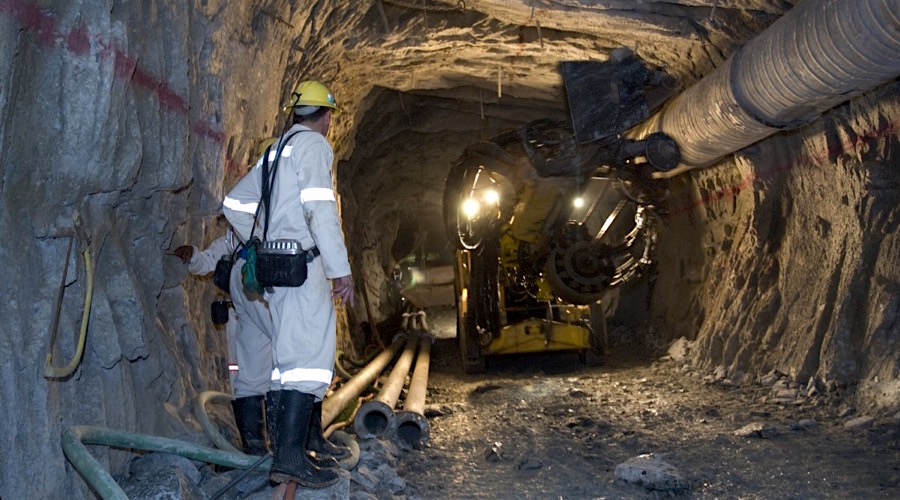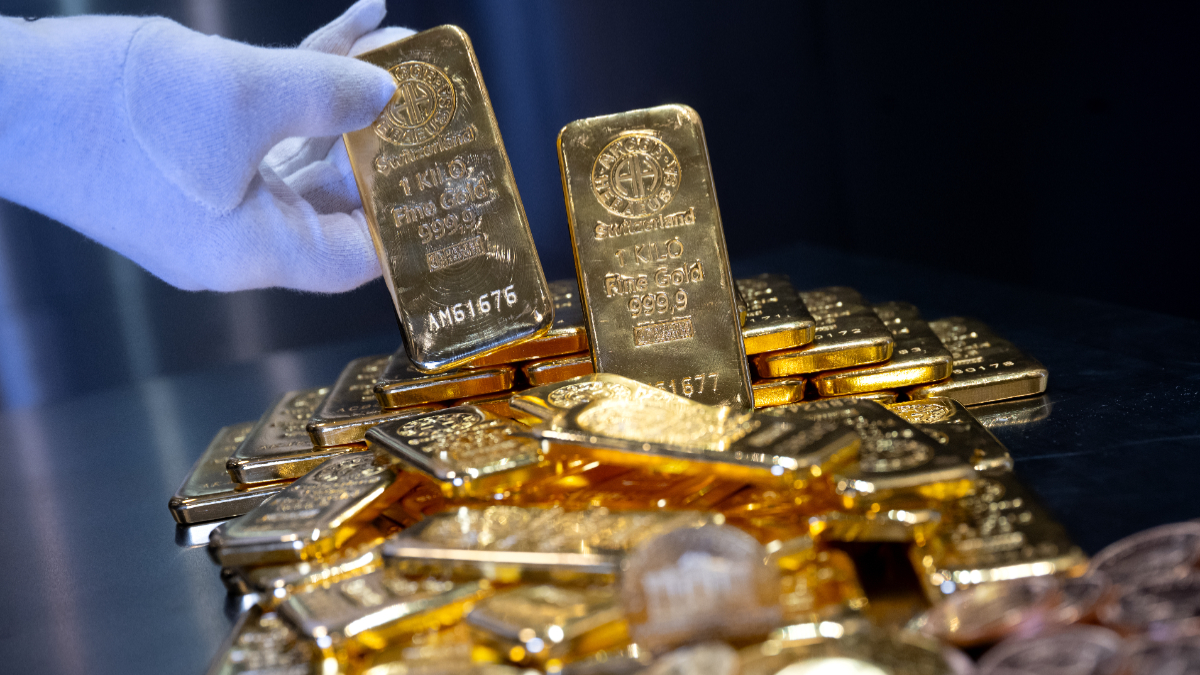
Ivory Coast, the world’s top cocoa producer, is ramping up its gold ambitions after granting 11 new mining exploration permits to local and international firms.
- Ivory Coast, leading in cocoa production, is diversifying its economy by intensifying mining activities.
- The government has granted 11 new exploration permits for gold, cobalt, and copper.
- Stability in the country enhances its attractiveness to foreign mining investors, especially compared to neighboring countries.
- Gold exploration is notably increasing, with a goal of boosting annual production to 100 tonnes by 2030.
Ivory Coast has approved 11 new mining exploration permits for gold, cobalt, and copper as the world’s top cocoa producer pushes to diversify its economy and attract fresh investment into its growing mining sector.
The permits were announced on Wednesday by government spokesperson Amadou Coulibaly following a cabinet meeting in Abidjan.
The West African nation is positioning itself as a stable, investor-friendly mining destination at a time when regional neighbors Mali, Burkina Faso, and Niger, now under military rule, are tightening control over mining assets.
Analysts say this stability could strengthen Ivory Coast’s appeal to global mining companies seeking long-term certainty.
Expanding gold exploration
The permits, valid for four years, include eight for gold exploration, with awardees such as Resolute Exploration Côte d’Ivoire (RSG.AX), which is advancing the Doropo gold mine in northern Ivory Coast, and Tieto Minéral, operator of the Abujar gold mine west of Abidjan.
Three additional permits were granted for chrome, manganese, nickel, cobalt, and copper exploration.
Gold mining has become an increasingly important revenue stream for Ivory Coast.

Last year, Mines Minister Mamadou Sangafowa Coulibaly told Reuters that national gold production had surged from 10 metric tonnes in 2012 to 58 tonnes in 2024, with output projected to reach 62 tonnes in 2025.
Coulibaly added that the government’s strategy is to unlock untapped mineral potential and reduce reliance on cocoa, which still accounts for about 40% of export earnings.
Diversification across Africa
The mining push reflects a broader trend across Africa, where resource-rich nations are seeking new avenues of revenue amid volatile commodity prices.
In Ghana, Africa’s top gold producer, authorities have moved to strengthen fiscal returns from mining, while Nigeria is scaling up investments in solid minerals to reduce dependence on crude oil exports.
Ivory Coast’s ambitions are equally bold. The government aims to lift annual gold production to 100 tonnes by 2030, driven by new projects like the Lafigué mine operated by Endeavour Mining (FVI.TO).
If successful, the target would cement the country’s place among Africa’s leading gold producers, a club currently dominated by Ghana, South Africa, Sudan, and Mali.
Cocoa and beyond
For decades, cocoa has defined Ivory Coast’s economy, employing millions and securing its position as the world’s largest supplier.
Yet global price swings, climate change, and calls for more local processing have pushed the government to accelerate diversification. Mining, alongside oil and gas development, is emerging as a key pillar in this strategy.
By opening its doors wider to international mining firms while maintaining political stability, Ivory Coast is signaling that it wants to be more than just the world’s cocoa basket, it wants to be a heavyweight in Africa’s mineral economy












